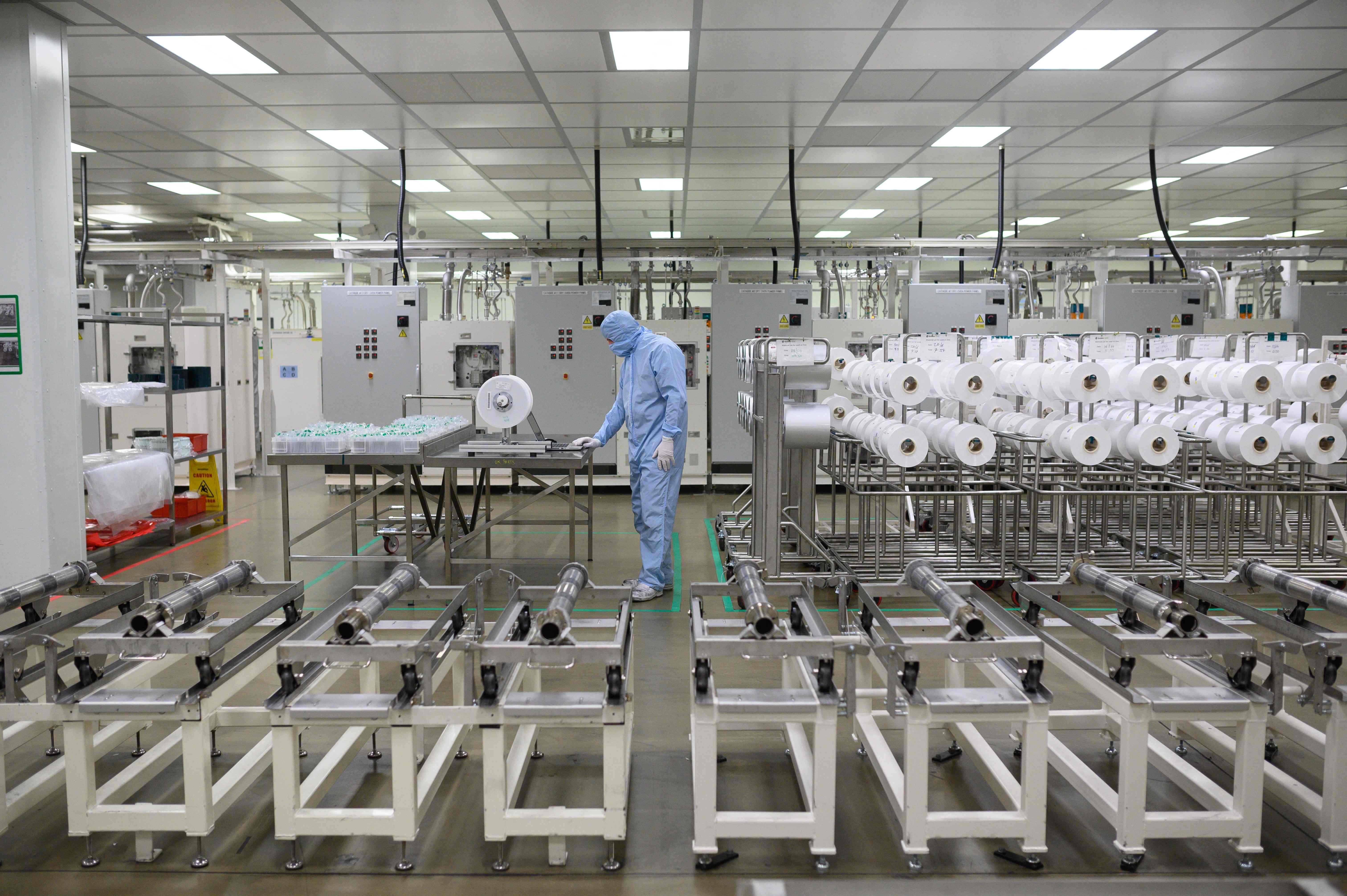Nissan’s gigafactory announcement is welcome, but more must be done to save the UK car industry
Ben Chapman explains why manufacturers need local battery production at scale to secure the industry’s future


Nissan’s investment in a UK battery factory to supply its electric vehicles or EVs – has been hailed by the government as a “vote of confidence” in the country.
It is part of a £1bn package that is expected to support 6,000 jobs, which is undoubtedly good news for the UK car industry. However, it needs to be the first of several such announcements if the future of the wider sector and tens of thousands more jobs are to be secured.
Currently, around one in 10 new cars sold in the UK are electric. To meet the government’s climate commitments, all new cars need to electric by 2030, when the sale of new internal combustion engine vehicles is set to be banned.
That requires a rapid shift in production which the UK currently looks woefully underprepared for.
Ralf Speth, former chief executive of Jaguar Land Rover, summed it up bluntly earlier this year: “If batteries go out of the UK, then automotive production will go out of the UK.”
If enough battery production is located in the UK then that may encourage further investment here. Without it, the industry is not sustainable.
Part of the problem stems from the 2016 Brexit vote and ensuing uncertainty over trade, which put the brakes on billions of pounds of investment as companies decided to wait and see how the negotiations would turn out.
Adapting factories designed to build internal combustion engine cars, so that they can assemble electric vehicles, is a significant undertaking; one that chief executives were unwilling to go ahead with during five years of political upheaval.
This partly explains why the UK has fallen so far behind countries like France and Germany on investment in green vehicle production.
Germany has multiple “gigafactories” – the term coined by Elon Musk for large-scale EV and battery plants – in the pipeline, including Tesla’s plant, which is currently under construction outside Berlin.
The UK has only one other large battery plant planned and it isn’t due to come online until 2023.
Without sufficient battery production in the UK, vehicles made here are likely to be subject to tariffs when they are exported to the EU.

Rules of origin require that at least 40 per cent of the value of parts in a finished car exported to the EU are made in the UK or EU. That will rise to 45 per cent from 2023 until the end of 2026, and to 55 per cent from 2027.
Batteries, which are often currently imported from Asia or the US, can make up 50 per cent of the value of an EV.
The Faraday Institution, a battery research organisation, estimates that the UK needs seven gigafactories by 2040.
This week, lobby group The Society of Motor Manufacturers and Traders warned that the government was allowing the UK to fall behind its international peers on battery production.
Labour has called for state investment and more co-operation between public and private sectors to meet the challenge before long-lasting damage is done.
While today’s “vote of confidence” is to be welcomed, on its own it is not likely to be enough to prevent a decline in what has recently been one of the country’s most successful industries.
Join our commenting forum
Join thought-provoking conversations, follow other Independent readers and see their replies
Comments
Bookmark popover
Removed from bookmarks